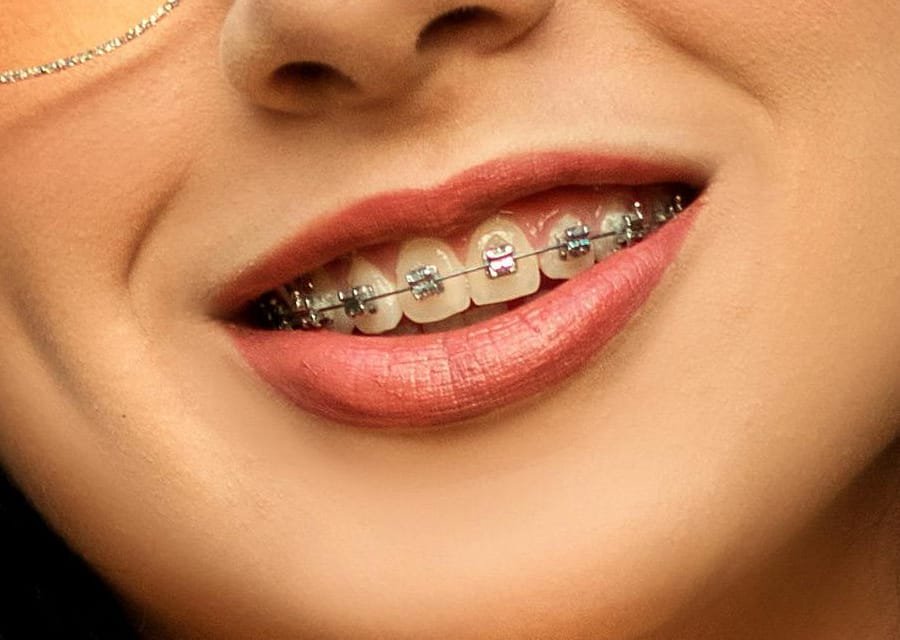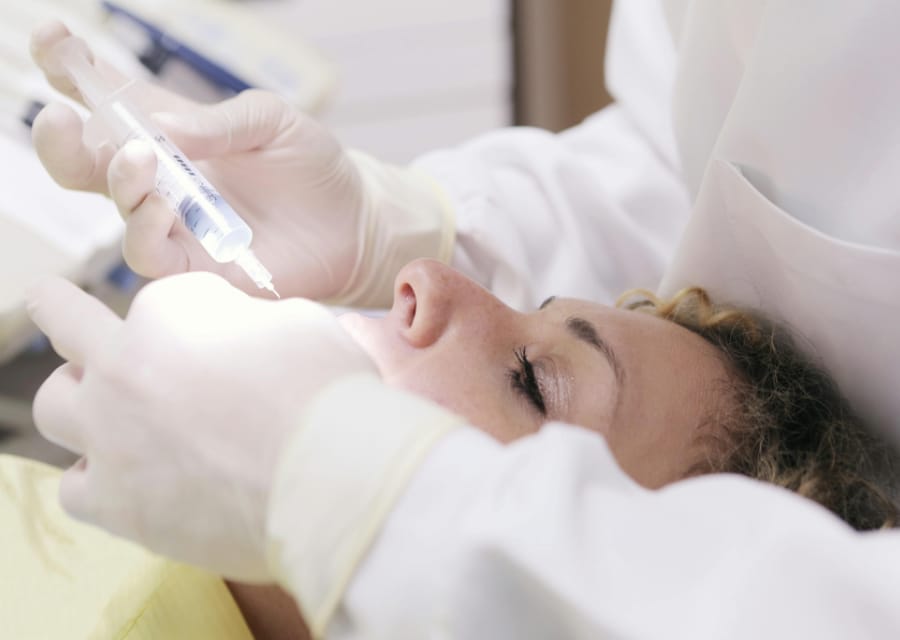
Dental emergencies can happen to anyone. Knowing how to handle them is essential to protect your teeth and oral health. Here are 10 common dental emergencies and how to deal with them effectively.
1. Severe Toothache
A toothache can be a sign of decay, infection or trauma. Rinse your mouth with warm water to clean the area. Use dental floss to remove any trapped food. Over-the-counter pain relievers can help, but avoid placing aspirin directly on the gums. Visit your dentist promptly for a proper diagnosis.
2. Knocked-Out Tooth
If a tooth gets knocked out, act quickly. Pick it up by the crown, not the root and rinse it gently with water. Try to place it back into the socket if possible. If not, keep it in a container of milk or a tooth preservation solution. See your dentist immediately for the best chance of saving the tooth.
3. Chipped or Broken Tooth
Rinse your mouth with warm water to clean the area. Apply a cold compress to reduce swelling. Collect any pieces of the tooth and bring them to your dentist. They will assess the damage and recommend treatment such as bonding or a crown.
4. Dental Abscess
An abscess is a serious infection that forms around the root of a tooth or in the gums. It can cause severe pain, swelling and fever. Rinse your mouth with salt water to reduce discomfort. Do not ignore this emergency; see your dentist immediately to prevent the infection from spreading.
5. Lost Filling or Crown
Losing a filling or crown can expose sensitive tooth tissue. If possible, use dental cement or sugar-free gum to cover the area temporarily. Avoid chewing on that side of your mouth until you see your dentist.
6. Broken Orthodontic Braces or Wires
If a wire or bracket breaks, it can irritate your cheeks or gums. Use orthodontic wax to cover sharp edges. Do not attempt to cut the wire yourself. Contact your orthodontist for a repair appointment.
7. Bleeding Gums
Gum bleeding after brushing or flossing is common, but excessive bleeding may indicate a problem. Rinse your mouth with water and apply gentle pressure with gauze. If the bleeding doesn’t stop, seek immediate dental care.
8. Object Stuck Between Teeth
Food or debris lodged between teeth can cause pain and discomfort. Use dental floss gently to remove the object. Avoid using sharp tools like toothpicks, as they can damage your gums. If you can’t remove it, visit your dentist.
9. Cracked Tooth
A cracked tooth can cause pain and sensitivity. Rinse your mouth with warm water and avoid biting down on the affected tooth. Use a cold compress to reduce swelling. Visit your dentist as soon as possible for treatment.
10. Soft Tissue Injury
Cuts or injuries to the lips, cheeks or tongue can bleed heavily. Rinse your mouth with water and apply pressure with a clean cloth or gauze. Use a cold compress to reduce swelling. If the bleeding persists, seek medical attention.
When to See a Dentist
Knowing how to handle these emergencies is important, but professional care is essential. If you experience severe pain, swelling or uncontrolled bleeding, don’t delay. Your dentist can provide the right treatment to prevent further complications.
Conclusion
Understanding how to manage common dental emergencies can save your teeth and reduce pain. For severe issues, always contact your dentist immediately. Preparedness and quick action can make all the difference in preserving your oral health.
To schedule an appointment at ‘Sukumar Dental Clinic’ call +91-7418210108 or WhatsApp Dr. Sukumar at +91-9655225002. We take pride in having the top dental clinic in Palayamkottai, Tirunelveli. Alternatively, you can email us at info@sukumardental.com


